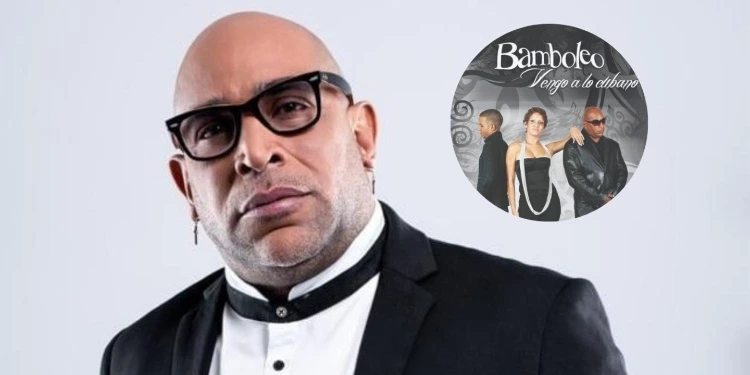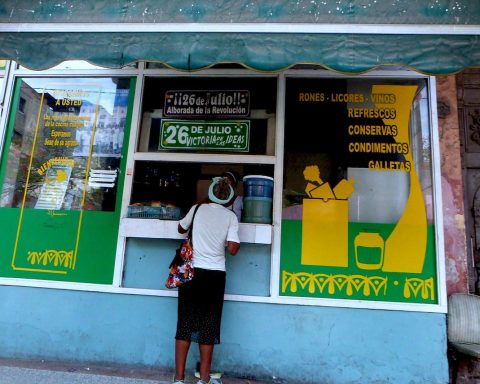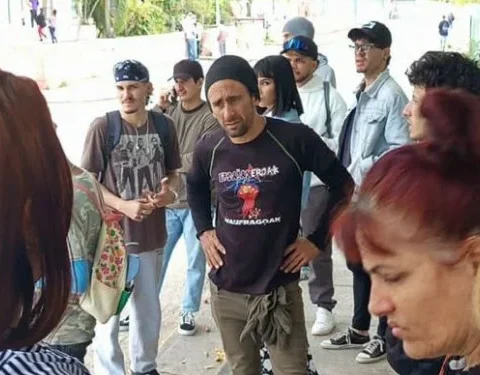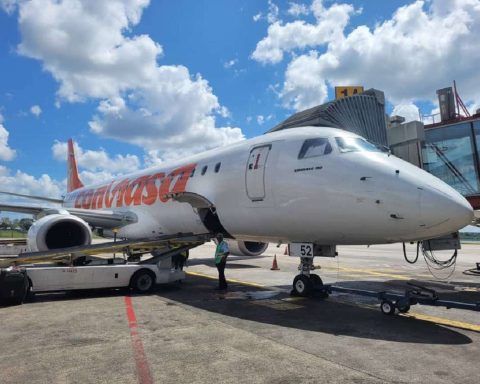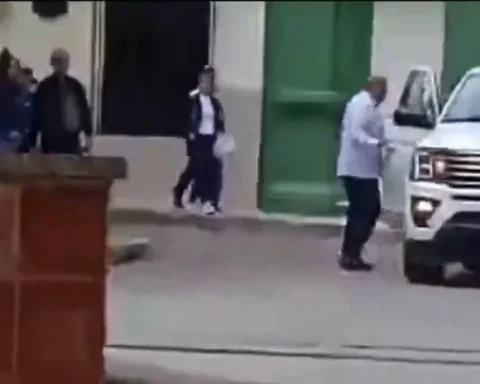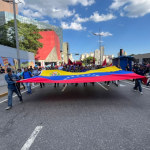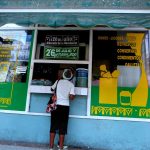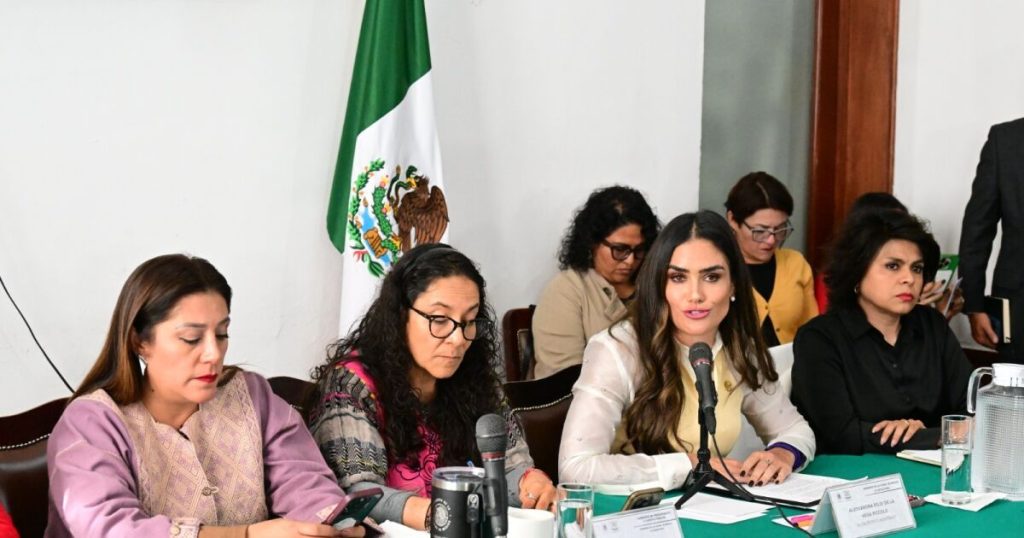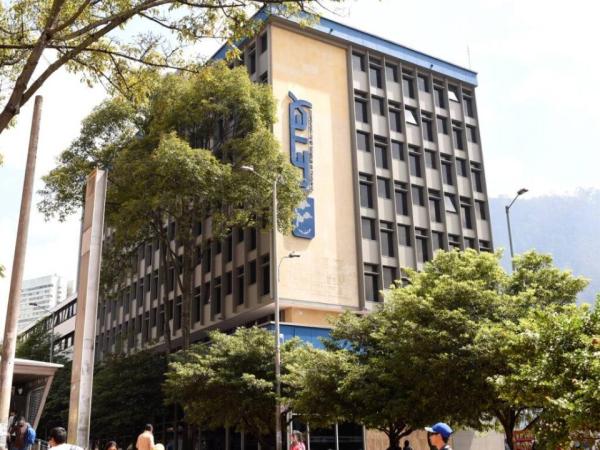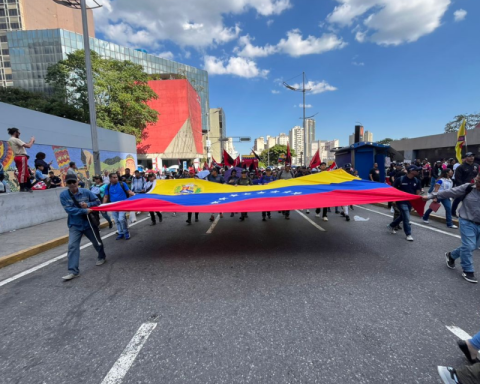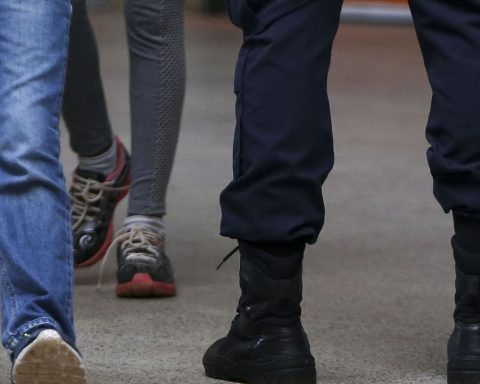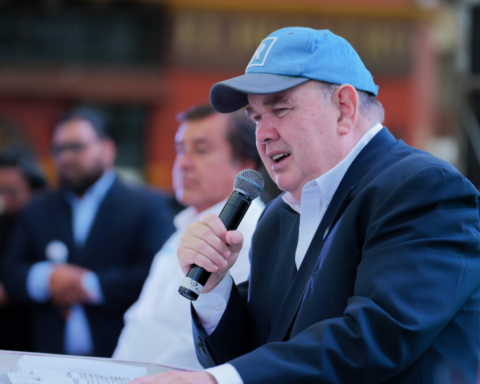SLP, Mexico.- The Cuban musician Lazarito Valdes, director of the Bamboleo salsa orchestra, has told, openly and sincerely, the reasons why he decided to settle in the United States after having enrolled in a tour of several cities in that country.
In an interview given to María Karla Rivero for her program Maka’s Housethe Cuban composer, winner of a Grammy Award in its 45th edition with the ensemble The Temptations, He addressed the immigration crisis but also the difficult environment for Cuban musicians trying to consolidate their career within the Island, under the scrutiny of State Security.
The regime, which he described almost at the end of the conversation as a “destructive machinery of the family, of the home,” seeks to compromise the musicians and condition their careers, he stated.
“That system compromises you; If you are not inside, you harm a series of things by going behind, like your children, a trip, eating. For example, in a activity where they are going to pay you, if you are not within that system you are not going to participate,” he expressed.
“Today you don’t play”
In his opinion, the context hinders the development of music in the country and leads many artists to live in fear and accept silence as an alternative.
“Many people feel bad and do not have double standards, they simply remain silent because they are afraid, you have no other option: you have to remain silent in the face of this monster who is telling you that if you do not wear that blue shirt, you will not go to the party that My aunt does it and at that party you have beer, you have food and that is an advantage over other people who may not be able to,” he said.
In that context, he argued, “you save not only your family, you save friends, you save a lot of people.”
Surveillance, blackmail and arbitrariness are not new tactics of the Government, he agreed. In this regard, he went back to the time before the special period, when, as he said, the State Security apparatus also decided everything.
“To go to Moscow or to buy clothes at the Louvre you had to go through a series of devices that were disrespectful. A guy who was nobody and who lasted three days and then they removed him and put someone else in, said whether you were going or not,” he said. “They are super crazy things, after giving yourself to a country, to an audience, to the people, for someone to come and tell you ‘you’re not playing today.'”
“Just as the entire system was destroyed, the orchestras were destroyed”
After performing with Bamboleo in New Jersey, Washington DC and New York, Lazarito Valdés was due to conclude his tour in August in Florida, according to the press official
However, he and his wife decided to settle in that state. “I am here for the love of my music, for the love of my family, for the love of life, because there is no life there, there is no life,” he noted.
Music in Cuba has not been able to escape the migratory wave that is passing through the Island. Therefore, in relation to what the musician stated, it is essential to always be looking for new members of orchestras because everyone leaves.
“Everyone is leaving. They leave because they are young. So, they leave after you spend time rehearsing a play, writing music.” In Miami, he assured, “there are many musicians, a lot of talent.”
In Cuba “it is very difficult”
For musicians, life and career in Cuba is “very difficult,” he said. “Many live in the provinces, they don’t have a home in Havana, they have a lot of work. The orchestra directors, the people who are already there, are having a hard time, how can they not have a hard time?”
Within the country, supporting a group is a tortuous and very expensive path.
At the Galiano House of Music, belonging to the EGREM, holding a concert is a slow undertaking.
“The truck to take my instruments costs 10,000 pesos because they don’t have any. Apart from that truck, there is sound, which the House of Music without sound is useless. You pay 15,000 or 20,000 for the sound so that your concert has the value that you have earned for many years. You want to keep that going.”
However, life also has a high price and “the State brings you a pile of guys who take a pile of your money,” Lazarito said.
To attend rehearsals or concerts the sums to pay are high. “I have a musician who lives in Guanabacoa, from Guanabacoa to El Curita Park it is 300 pesos for a taxi and 300 from there to Coppelia, from Coppelia to Almendares Park, you leave it there, another 300 more,” he explained and concluded that a musician ends up spending 1,000 pesos to go to the Miramar Music House.
In the middle of this year, the 59-year-old Cuban composer had commented to Latin Press that his aspiration was to continue cultivating dance music.
“I would like Cuban music, especially dance music, to remain in good health,” but according to his testimony, Cuban music, within the Island, is dying.
